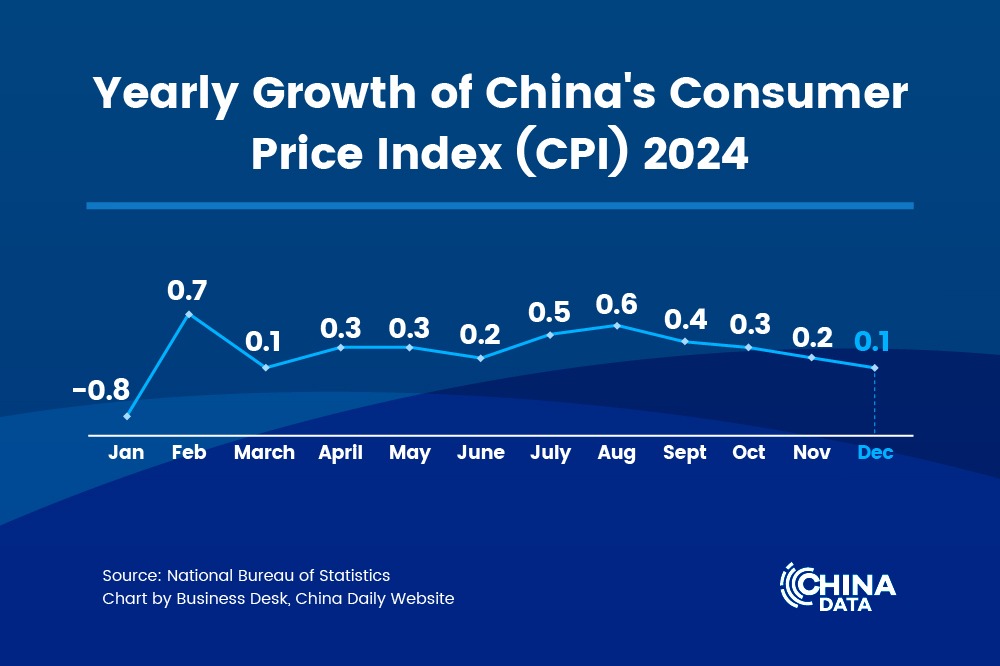China gets tougher on curbing financial risks

BEIJING - China's top banking regulator has escalated efforts this year to put financial markets under stricter scrutiny to better guard the sector against risks.
By the end of November, the China Banking Regulatory Commission (CBRC) had imposed administrative penalties for more than 2,500 cases of irregularities in the sector, covering State-owned banks, joint-equity banks and city commercial banks, statistics from the Research Institute of Beijing Business Today showed.
Fines imposed on these banks totaled about 592 million yuan ($89.5 million) in the first 10 months, compared with 270 million yuan for all of 2016.
A total of 167,000 people have been held accountable so far for banking irregularities nationwide, 252 of whom have been transferred to judicial organs, CBRC data showed.
The misconduct included bad assets, bond defaults, shadow banking, capital embezzlement and irregular inflow of loans or wealth management funds into the property sector.
"Risk control should be placed as top priority for the banking sector. But driven by profits and due to lack of supervision, some funding failed to flow into the real economy, but was used for illegal activities," said Guo Tianyong with the Central University of Finance and Economics.
Since preventing financial risks was declared a priority at a tone-setting economic conference last December, the CBRC has made solid efforts to clean up the market.
Measures included strengthening credit and liquidity risk control, enhancing bond investment business management, prevention of risks in the real estate sector and controls on local government debt.
In addition, the commission also tightened regulation of banks' wealth management products (WMPs). China's fast-expanding wealth management industry is considered a source of financial risk, as off-balance-sheet WMPs channel deposits into risky investments without enough regulation.
Chinese authorities also tightened their grip on the internet financing market to rein in financial risks. Regulators ordered a ban on Initial Coin Offerings and they shut down all virtual currency exchanges in the country. Unlicensed firms or individuals were banned from carrying out cash loan or micro lending business.
Following the tough supervision, China made progress in reining in risks in its banking sector with falling interbank business and slower growth in WMPs.
By the end of October, interbank assets and liabilities, major indicators for shadow-banking activities, had dropped by 3.4 trillion yuan and 1.4 trillion yuan, respectively, from the beginning of this year.
The growth in the value of WMPs slowed to 4.7 percent, down 26.5 percentage points from a year earlier.
Interbank WMPs recorded a net decrease of 2.7 trillion yuan in the first 10 months, while off-balance-sheet business growth had slowed to 16.1 percent by the end of October from an annual rate of over 50 percent in the past few years.
The CBRC vowed to continue strengthening supervision and punishment for irregularities to enhance risk control and improve financial services for the country's real economy.
"China's financial supervision will become increasingly strict, with tougher punishment for market irregularities and imprudent operations," said Wang Zhaoxing, vice chairman of the CBRC, at the annual meeting of China's city commercial banks.
Wang asked city commercial banks to improve corporate management to further control and address financial risks, especially liquidity risks, which are the largest threat to small and medium-sized banks, and could lead to systemic and regional risks.
Aside from the tough stance on market disorder, more efforts are required to foster a long-term mechanism to reform the banking sector, said Guo Tianyong.
China's financial supervision needs to keep pace with new changes and phenomena in the sector, and supervision rules must be updated in a timely manner, Guo said.




































